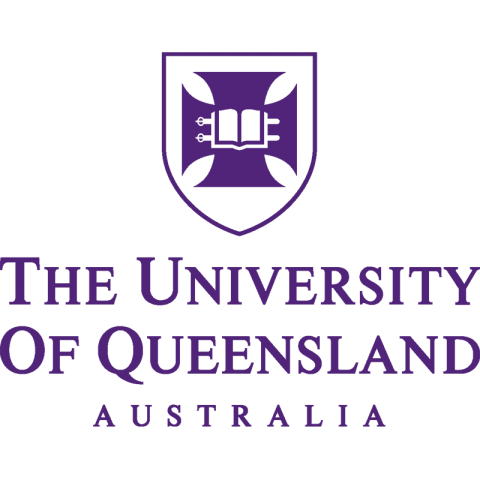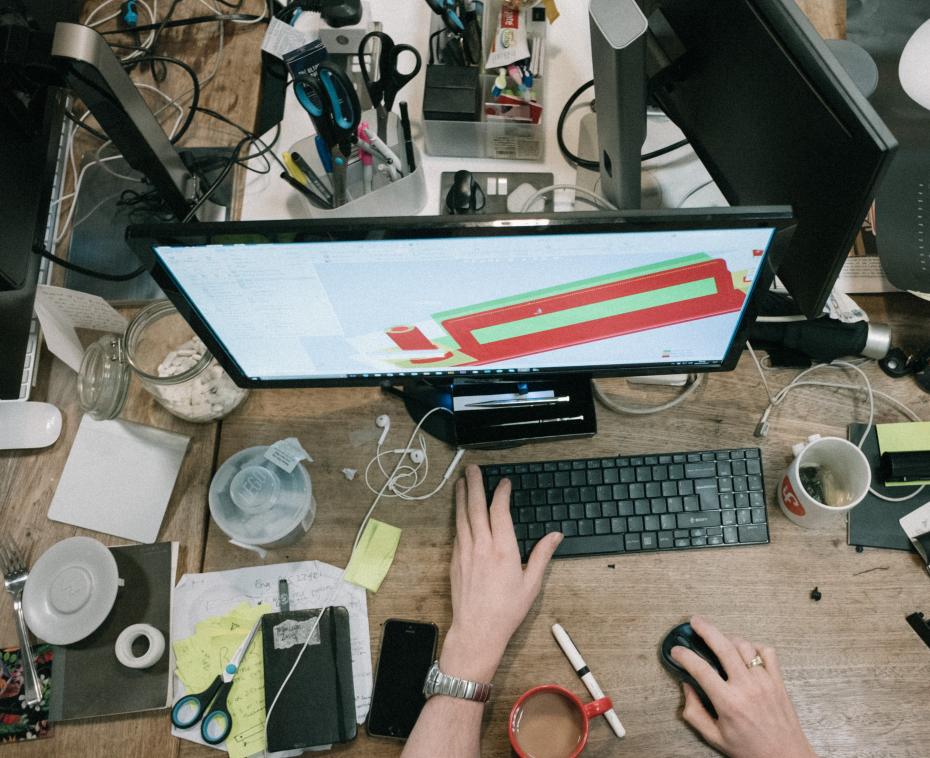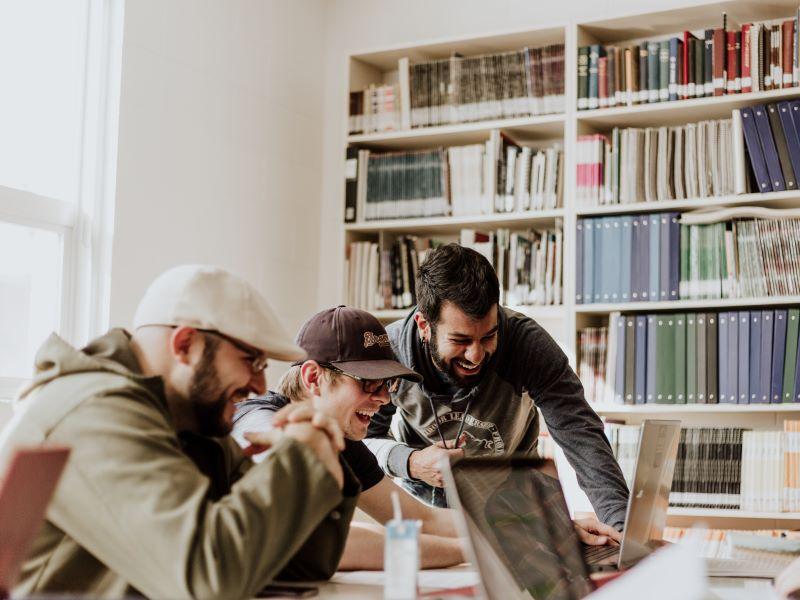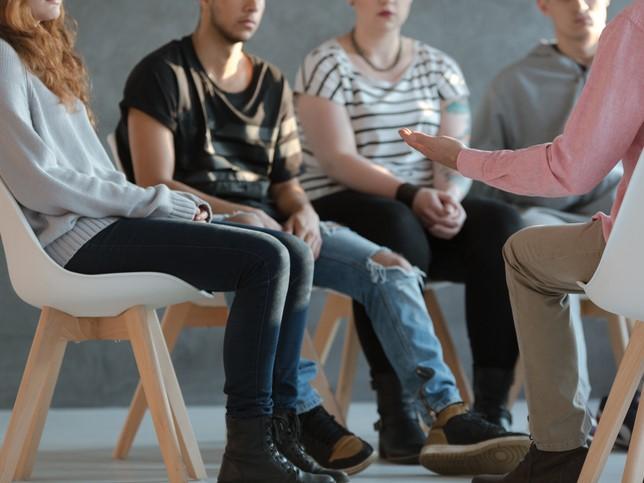
How educators can help manage Covid anxieties on campus
Simple strategies can allow teachers to connect more deeply with students and help prepare them for stressful professional environments
You may also like
Popular resources
Saying that the ongoing Covid situation can create anxiety on campuses is akin to noting that excessive rain can cause flooding. Less obvious is how educators on Australian campuses can help students to manage these concerns, particularly while dealing with their own worries and uncertainties. These broad (often well-founded) worries of students, which can manifest in a variety of ways within the learning environment, are not always easily recognised as such.
Without trying to move into a clinical or therapeutic response, educators can use simple strategies and considerations in responding to these anxieties, creating greater connections with their students as restrictions evolve according to local conditions.
How the impact of Covid-19 can show up in students
A key aspect of assisting students with their worries about Covid is understanding the ways in which these concerns can present. For many people, this anxiety is less about Covid itself and more about the uncertainty of an ever-changing environment, a sense of a loss of control and predictability, and frustration at less-than-ideal circumstances, both individually and at a societal level. Understanding this can provide different perspectives when small matters unexpectedly become grounds for an urgent response or even complaints and conflict.
- Conversations around stress must move beyond ‘I’m fine, how are you?’
- Mind matters: embedding socio-emotional learning in higher education curricula
- How to foster student well-being with online mindfulness training
At the same time, the current environment provides an opportunity for greater learning for students preparing to enter professional fields such as healthcare that will regularly challenge their sense of predictability and containment. In providing a combination of empathic understanding and helpful support, we implicitly allow for greater personal development for our students while explicitly drawing links between learning challenges and future professional environments.
Teach with transparency and flexibility
Acknowledging how Covid-related anxieties may present can also inform how we structure our learning environments and our communication with students. While still following principles of adult learning, this new environment may require greater levels of transparency with our students. This particularly assists students in focusing on “controllables” rather than “uncontrollables”.
In campuses all over the world, students have been required to adapt from face-to-face learning into online learning and back again, from large cohort groups into isolated Zoom classes, and into a greater requirement for independent study. Although challenging and uncomfortable for many students (and educators), with support, these experiences have the potential to increase students’ capacity for flexibility and adaptability in difficult circumstances.
When considering future work settings, such as healthcare, this provides students with the skills, confidence and resilience to manage even more challenging environments.
When to offer students direct support and when to link elsewhere
As educators, our role is not to provide clinical or therapeutic support to students; however, we have the opportunity to help students set up habits and strategies that will serve them throughout their professional careers. Importantly, we are seeking to normalise help-seeking behaviours.
This can mean a difficult balance between listening to concerns and providing appropriate educative support strategies, while also encouraging students to access other relevant support mechanisms. This models how students can acknowledge this balance in their future professional settings, such as seeking support from their professional manager or supervisor.
Useful strategies in managing this balance include:
- hearing and acknowledging their concerns
- being up-front with students about the limits of our role
- collaboratively developing a support plan that includes appropriate strategies within the learning space
- providing options and information about external supports.
Looking after yourself to look after others
Across all these strategies, it is important to acknowledge that we educators are just as susceptible to the worries and anxieties around Covid as our students are. It can be incredibly difficult to support others and create a calm and stable environment for learning when we are feeling distressed and uncertain within ourselves.
A helpful tool for educators is a ritual known as the “third space” to effectively transition between roles such as work and home. This can include a brief mental review of the role being finished (work), a brief rest phase (deep breathing, mindfulness) and mental preparation for the role being entered (home). Other strategies include managing personal boundaries between work and home life (such as minimising taking work home), regularly monitoring our own stress and anxiety levels, and maintaining our own regular self-care activities such as exercise and social contact.
Engaging in our own self-care and using strategies to manage our worries is not about placing ourselves above others, such as our students, but ensuring that we are in a safe enough state to be able to support students and colleagues.
Michael Ellwood is an associate lecturer (counselling) and practice educator in the School of Nursing, Midwifery and Social Work at the University of Queensland.
If you would like advice and insight from academics and university staff delivered direct to your inbox each week, sign up for the Campus newsletter.




